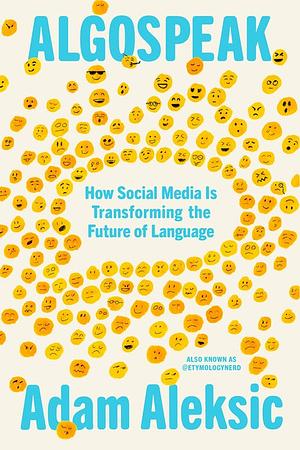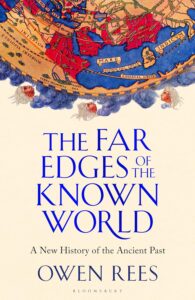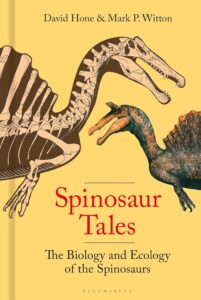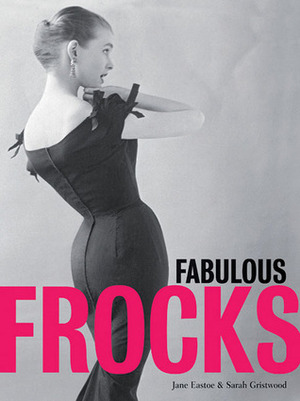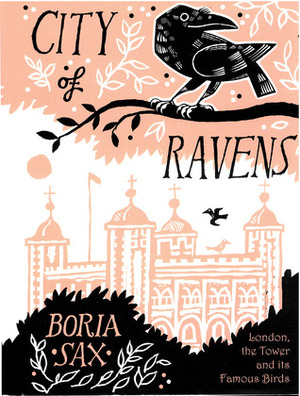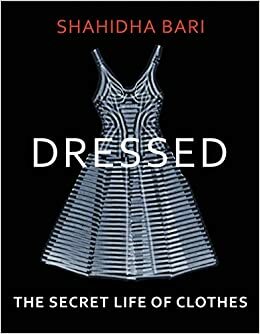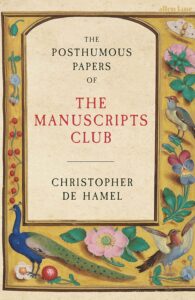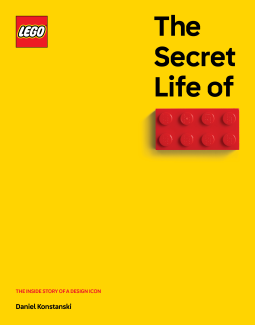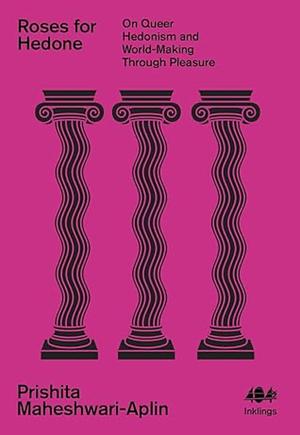
Roses for Hedone: On Queer Hedonism and World-Making Through Pleasure
by Prishita Maheshwari-Aplin
Genres: Non-fictionPages: 112
Series: Inklings
Rating:

Synopsis:When a society marginalises a people, their humanity is revolutionary - in all its hunger and joy. Although long demonised, hedonism in all its forms has played a central role in how queer people sought to organise as a symbiotic system. In fact, when viewed through a queer lens, hedonism undergoes a process of transformation and embodies the "power for change", as described by Audre Lorde in The Uses of the Erotic. Today, when the queer community worldwide faces rampant transphobia, rising hate crime, and unequal access to support services - all in the context of humanitarian crises, a climate crisis, and a destabilised political landscape - such hedonism is no less necessary or, indeed, present. As we face ongoing and new challenges to creating a more fair world, let us borrow from the Ancient Greeks' understanding of love's multiplicity to explore queer hedonism not as a momentary phenomenon, but rather a transformational route through which we can learn from our past, connect in the present, and look towards the future with hope - together.
Prishita Maheshwari-Aplin’s Roses for Hedone is an exploration about how hedonism and pleasure-seeking can be part of self-care and of activism, making a space for queerness in the world and taking defiant joy in it.
Not all of the aspects of hedonism discussed are ones I really “get” (like attending raves, or casual sex), but some parts of it do ring true in terms of togetherness and helping one another — though if caring for one another is hedonism, then yikes, what a world we live in!
It’s an interesting short read, and a good reminder to take joy where you can, and make space for it, in order to fuel your ability to survive and fight for your rights and needs.
Rating: 3/5 (“liked it”)

